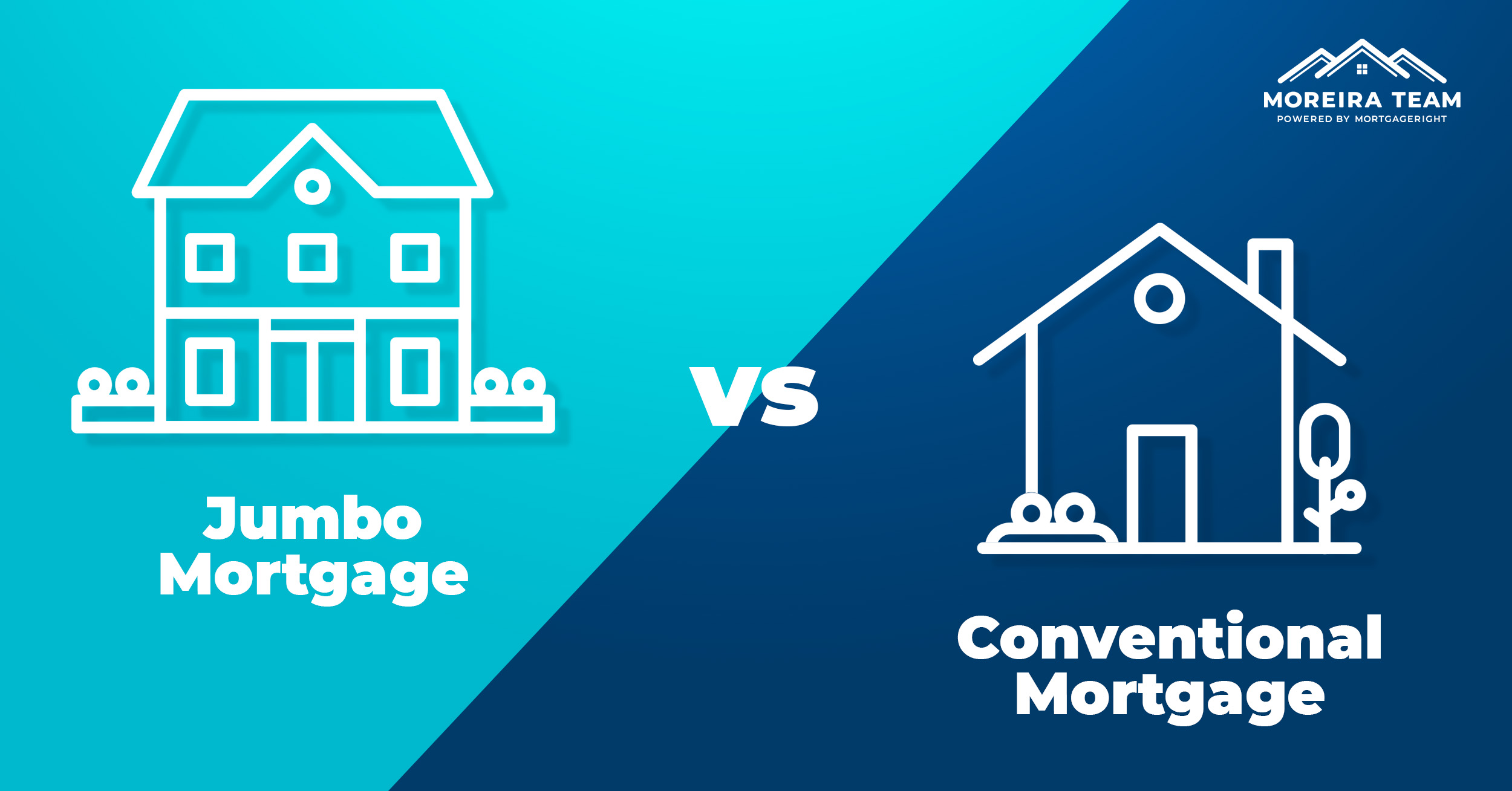The Influence of Jumbo Lendings on Your Financing Alternatives: What You Required to Know Prior To Applying
Jumbo fundings can play a crucial duty in forming your financing choices, especially when it comes to acquiring high-value homes. Comprehending the balance in between the advantages and difficulties presented by these car loans is vital for prospective customers.
Understanding Jumbo Loans
Recognizing Jumbo Loans needs a clear grasp of their one-of-a-kind attributes and requirements. Big fundings are a kind of home mortgage that exceeds the adjusting financing limitations established by the Federal Real Estate Finance Firm (FHFA) These limitations differ by place but commonly cap at $647,200 in the majority of areas, making jumbo loans crucial for funding higher-priced buildings.
Among the specifying functions of jumbo fundings is that they are not eligible for acquisition by Fannie Mae or Freddie Mac, which results in more stringent underwriting standards. Customers have to typically show a higher credit rating rating, typically above 700, and supply substantial paperwork of revenue and assets. Furthermore, lending institutions may require a bigger deposit-- frequently 20% or even more-- to minimize danger.
Rate of interest prices on big fundings can be a little greater than those for adjusting car loans as a result of the increased danger assumed by the loan provider. The lack of exclusive home mortgage insurance (PMI) can balance out some of these expenses. Comprehending these variables is crucial for potential debtors, as they dramatically influence the terms and expediency of protecting a big car loan in today's competitive property market.
Advantages of Jumbo Finances
Jumbo loans supply distinct benefits for homebuyers seeking to purchase high-value residential properties that surpass traditional funding limitations. One of the primary advantages of jumbo fundings is their ability to finance larger quantities, enabling buyers to get homes in costs markets without the restrictions imposed by adjusting financing limitations - jumbo loan. This flexibility makes it possible for buyers to check out a wider series of residential or commercial properties that may much better fit their choices and requirements
Furthermore, big financings usually feature competitive rate of interest prices, specifically for consumers with strong credit rating accounts. This can cause considerable savings over the life of the car loan, making homeownership extra inexpensive in the future. Jumbo loans can be tailored to match private economic circumstances, providing numerous terms and amortization choices that align with the consumer's goals.

Obstacles of Jumbo Finances
Browsing the complexities of jumbo lendings presents a number of difficulties that prospective consumers ought to be mindful of before continuing. Unlike adapting financings, big car loans are not backed by government-sponsored business, leading lending institutions to adopt more strenuous criteria.
Additionally, big lendings normally come with higher rates of interest compared to traditional financings. This elevated expense can dramatically impact monthly repayments and total affordability, making it vital for consumers to thoroughly examine their economic situation. The down repayment demands for jumbo car loans can be considerable, typically ranging from 10% to 20% or more, which can be a barrier for many prospective homeowners.
Another difficulty exists in the minimal accessibility of big lending items, as not all lending institutions offer them. This can bring about a reduced pool of alternatives, making it important for consumers to conduct extensive research study and possibly seek specialized loan providers. Generally, recognizing these challenges is vital for anybody thinking about a big financing, as it makes sure enlightened decision-making and far better economic planning.
Qualification Criteria
For those considering a jumbo funding, satisfying the certification standards is an essential action in the application procedure. Unlike standard car loans, jumbo fundings are not backed by government companies, resulting in stricter requirements.
Firstly, a strong credit rating is vital; most lenders need a minimum rating of 700. Additionally, consumers are normally expected to show a substantial revenue to guarantee they can comfortably take care of higher month-to-month repayments.
Down payment requirements for big financings are likewise considerable. Borrowers should prepare for putting down at least 20% of the building's purchase price, although some lending institutions might supply alternatives as low as 10%. Showing cash books is essential; lenders usually need evidence of sufficient fluid assets to cover several months' worth of home loan payments.
Contrasting Funding Options
When evaluating funding alternatives for high-value properties, understanding the differences in between various lending types is crucial. Big fundings, which go beyond conforming car loan limitations, normally featured more stringent credentials and greater rates of interest than standard financings. These loans are not backed by government-sponsored enterprises, which increases the lender's risk and can result in much more strict underwriting standards.
On the other hand, conventional car loans provide more versatility and are commonly less complicated to get for consumers with strong debt accounts. They might come with reduced rate of interest and a broader variety of options, such as fixed or adjustable-rate mortgages. Furthermore, government-backed car loans, like FHA or VA lendings, offer opportunities for reduced down repayments and more lax credit scores requirements, though they additionally enforce limitations on the car loan quantities.

Verdict
In verdict, big car loans present both chances and difficulties for possible homebuyers seeking financing for high-value buildings. While these car loans permit larger amounts without the problem of exclusive home loan insurance policy, they come with strict certification demands and prospective disadvantages such as greater rate of interest. A detailed understanding of the challenges and benefits connected with jumbo fundings is important for making educated decisions that align with long-lasting monetary objectives and purposes in the genuine estate market.
